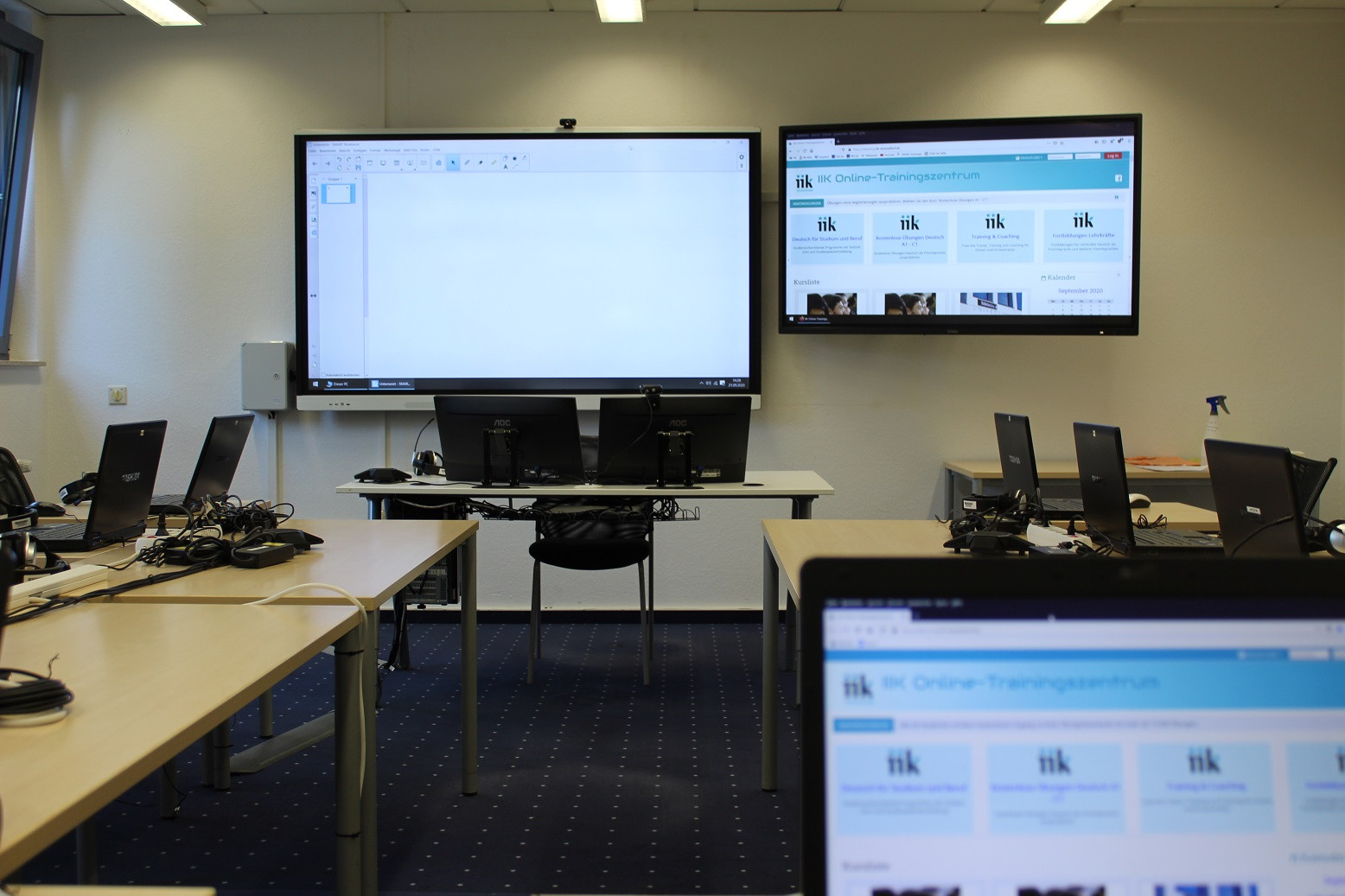Challenges and opportunities in hybrid teaching: Description
This workshop is essential for all education professionals who want to remain relevant and effective in the ever-changing educational environment. At a time when digital technologies are revolutionizing learning, it is essential to equip yourself with the skills and knowledge needed to successfully use hybrid models in the classroom. The workshop offers:
- Up-to-date and practice-oriented content that addresses the latest developments and challenges in the education sector.
- An opportunity to expand your own teaching skills and prepare for future educational trends.
- Valuable insights and experiences that empower participants to create innovative and inclusive learning environments.
By participating in the workshop, teachers and lecturers can modernize their teaching methods, advance their professional development and ultimately ensure a high-quality learning experience for their learners and participants.


